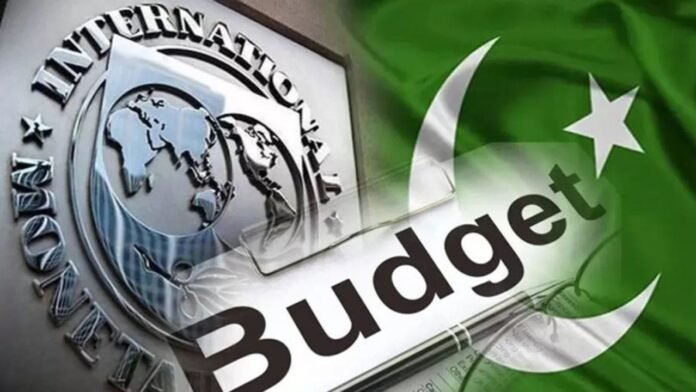Islamabad: As part of the approval process for the federal budget 2024-25, the International Monetary Fund (IMF) has again demanded reforms. According to sources at the Ministry of Finance, the IMF wants an increase in electricity and gas prices before July 10 and also asked for actions to raise rates from July 1 onwards.
The IMF has called for immediate action on NEPRA’s decisions to raise electricity prices, control gas rate subsidies for. The new fiscal year and meet the fund’s prior conditions for new loan programs.
According to sources, an IMF delegation could visit Pakistan in the second week of July. The fund recognized tough economic decisions in the budget and underlined necessary economic measures.
In addition, according to sources from the Ministry of Finance, the IMF has appreciated decisions in the federal budget to reduce taxes. This acknowledgment shows Pakistan’s commitment to fiscal discipline and economic stability, critical priorities for any international financial institution.
Following these IMF demands, the government is discussing when and how much prices should be increased per their proposal, considering its impacts, especially among vulnerable groups.
The IMF focuses on economic reforms because it worries about Pakistan’s fiscal health and macroeconomic stability. They also suggested fiscal deficit reduction through structural adjustment and boosting revenue generation capacity through capital spending efficiency enhancement, which they think can help us achieve this, too.
According to them, another area where more work needs to be done is improving the energy sector regulatory framework because, without this, we won’t be able to attract investments that would create sustainable growth opportunities while reducing exposure to external financing risks altogether.
One thing I must say here, though, is that over the past few years, our relationship with the International Monetary Fund (IMF) has never been more critical than now, given what happened during the COVID-19 pandemic so far, where we had no choice but to rely heavily on their assistance stabilize ourselves even if some people don’t agree with me but still it’s true.
Nonetheless, the future will be challenging for the government as they try to balance implementing. These reforms and managing public expectations prevent any social unrest from erupting. This could lead to another wave of pandemic hitting the country again with significantly increased magnitude. So there is an a or a for a wise decision-makingdecision-makingdecision-making process, significantly. When increasing, it causes many areas politically, including inflationary pressures, among others.
Let’s look at it from a diplomatic angle. One. One can see that this visit by the IMF delegation represents ongoing engagement. Pakistan and international financial institutions such as them. Where such kind of involvement becomes vital in the COVID-19 recovery era amid global uncertainties. Our economy can start gaining momentum while seeking to attract more foreign investments into different sectors. Thereby creating job opportunities for its citizens at large.
In conclusion, the IMF’s demands pose immediate challenges and present opportunities for Pakistan to strengthen. Its economic fundamentals build resilience against future shocks. However, how healthy or badly we manage to navigate through these difficult times will determine our destiny in the future. Hence, it is quite significant not only in domestic prosperity. However, there is also an international perception about us being viable investment destinations within the region.


